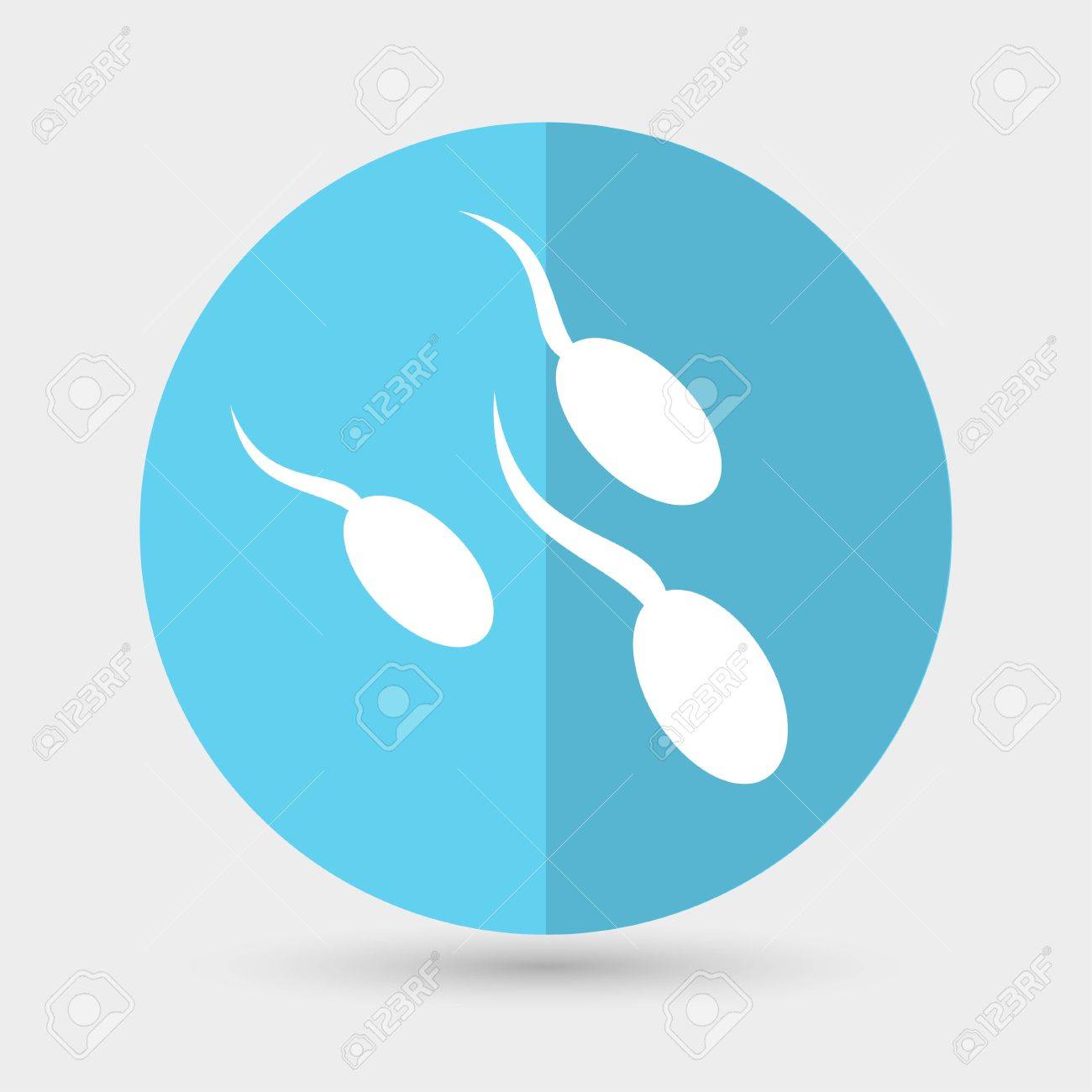Is the export of donor sperm explained adequately to recipients?
By Grace Halden,
BioNews
| 01. 15. 2024
Sperm donation is used to help infertile couples, same-sex couples, and solo women to conceive children where otherwise it would have been impossible. Private sperm banks operating throughout the UK provide tested sperm from screened donors to regulated fertility clinics at different price points. Donor profiles displayed on gamete bank websites are the principal way for potential recipients to search for available donors. Once a donor has been selected, the recipient can purchase gametes for delivery to their clinic of choice. When donor sperm is purchased through a regulated bank, a family slot (for a maximum of ten families in the UK) is filled under the regulatory framework put in place by the Human Fertilisation and Embryology Authority (HFEA).
However, when donor sperm is purchased in the UK, it is not always made obvious to the patient that some UK donations will be made available for exportation to assist families abroad, beyond the UK ten family limit. For many parents, the discovery of exportation is an unpleasant surprise. Emily, a solo mother by choice through sperm donation, talks about her shock when...
Related Articles
By Jessica Hamzelou, MIT Technology Review | 01.13.2025
Lisa Holligan already had two children when she decided to try for another baby. Her first two pregnancies had come easily. But for some unknown reason, the third didn’t. Holligan and her husband experienced miscarriage after miscarriage after miscarriage.
Like...
By Melissa Dahl, Slate | 01.13.2025
Mia used to say she’d never do in vitro fertilization. It’s a detail that feels significant now, looking back on the three long years that she and her husband, Chris, have spent trying to conceive. “When we first started trying...
By Tatiana Giovannucci, PET | 01.13.2025
Ten pregnant women and three others with their babies were repatriated to the Philippines after being pardoned by the Royal Government of Cambodia.
The women were recruited to act as surrogates in Cambodia, and were all pregnant at the time...
By Kristen V. Brown, The Atlantic | 01.15.2025
The first time Jamie Cassidy was pregnant, the fetus had a genetic mutation so devastating that she and her husband, Brennan, decided to terminate in the second trimester. The next time they tried for a baby, they weren’t taking chances...




